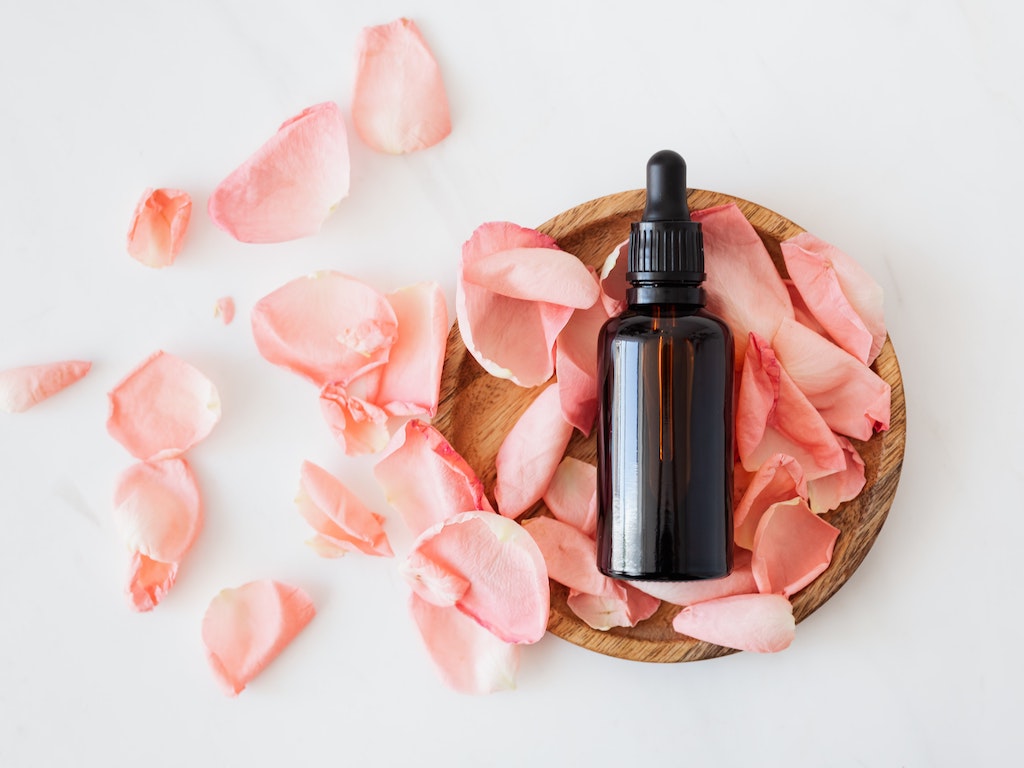This article by clinical aromatherapist Emma Ross was originally posted in the Facebook group Living Well in Hong Kong, co-founded by yoga therapist Charlotte Douglas and wellness enthusiast Susan Duffy as part of the group’s ‘Ask An Expert’ series, and the author has kindly agreed for it be republished here.
A Few Words About Viruses
As omicron takes its toll around the world, the first line of defense against the virus should always be vaccinations, followed by masking, and regular and thorough hand washing.
The media is awash with advice about what works and what doesn’t, but if you are interested in using essential oils as additional protection to try to avoid being infected by the virus, or to try and boost your immune system, here is what you need to know.
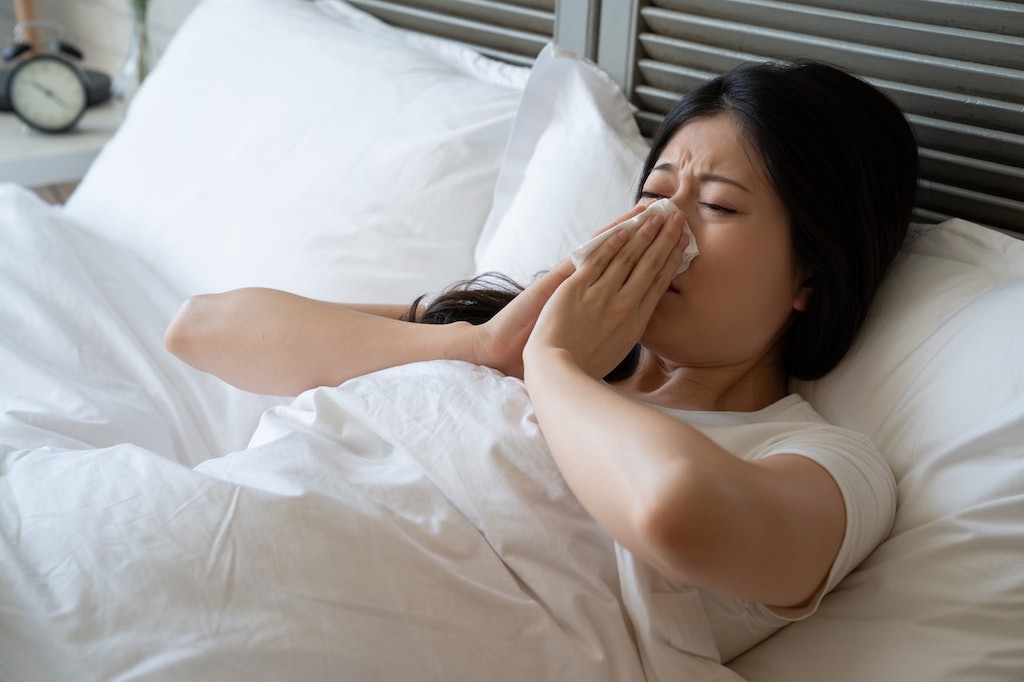
In order to use essential oils to potentially help us to avoid being infected with seasonal flu or coronavirus, we need to consider that viruses have a lifecycle (please note that this is a highly simplified version of a very complex process):
- entry into the host and binds with a cell in the respiratory tract (nose/throat/lungs)
- the surface proteins of the virus bind to receptors like a lock and key
- the virus is then able to enter the cell & infect it
There are certain components of a variety of essential oils that have been shown to disrupt the viral lifecycle at different stages. As a result, it can be helpful to use a blend of different essential oils.
The virus must have a host to replicate. It can live on inanimate surfaces for potentially more than 24 hours (depending on the temperature & humidity), but will eventually die without a host to infect.
Viruses live longer on hard surfaces such as metal and plastic than they do on fabrics and soft surfaces. The virus may also be spread by airborne droplets which have landed and live in the environment waiting to be picked up and transferred to a live host.
The Don’ts Of Essential Oils
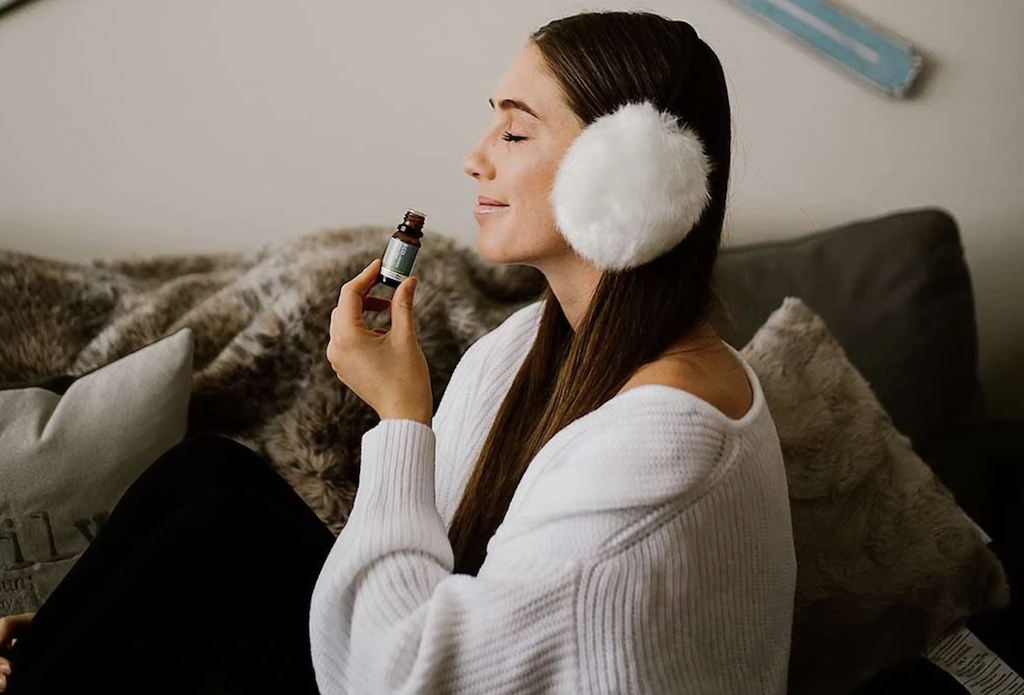
- Do not mix essential oils with water in a room/cleaning spray. Without using an agent to disperse the essential oils, they will sit on the top of the water and will not mix simply by shaking the bottle. More concerning is that any water based product will start to grow microbes in around 24-48 hours so you could be spraying bacteria and mould around in an effort to kill off viruses. Using alcohol in the mix will not help to disperse or preserve the spray either.
- Do not make your own hand gel with essential oils – the strength at which you would need to use the essential oils in order to kill off the viruses would likely be irritating to the skin. Yes you will see essential oils in hand gels for sale in pharmacies but these will have been safely formulated, contain a lot of alcohol and have been tested for safety, efficacy and microbial growth in a lab.
- Do not use strong essential oils such as cinnamon bark and clove bud without considering the safety implications. They should not be used by anyone on blood thinning medication and they are extreme skin irritants.
- Do not believe every essential oil recipe that you read online. It is impossible to give blanket advice as every essential oil is different & many are not safe during pregnancy, breast feeding or for small children & babies.
- Do not put neat essential oils on masks. Some suppliers say this prevents the mask working properly and some essential oils are simply too strong to be placed against the skin and continually inhaled.
- Do not diffuse essential oils like tea tree around cats & dogs as they can be highly toxic to them.
- Do not spray you own blend around in an enclosed space such as an aircraft or office. Be considerate to others, you don’t know if the person next to you suffers from asthma, epilepsy, could be pregnant or have another health condition.
- Do not think that more is better. Less is more definitely applies to essential oils. There is no need to use them neat on the skin and the risk of becoming sensitised increases over time, so just because it hasn’t happened previously, it doesn’t mean that it is safe to keep doing it. Diluted oils can work just as well.
The Dos Of Essential Oils
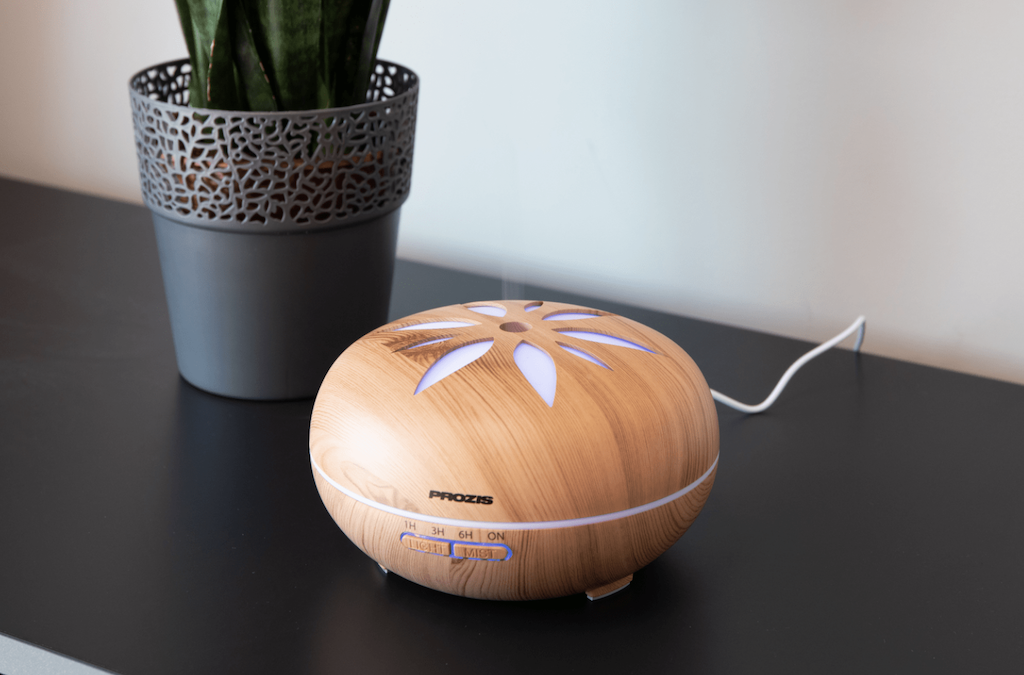
- If you want to use antiviral oils in your home, it is best to run the diffuser with the doors shut while the room is empty and then air the room afterwards.
- Plastic inhalers with essential oil blends can be safe and efficient. This will ensure that the oils are taken into the body via the respiratory system where they are most needed to kill the virus & prevent it from invading the body. Do use the inhaler with clean hands though as you could contaminate the casing and then introduce the virus directly into the nasal passages.
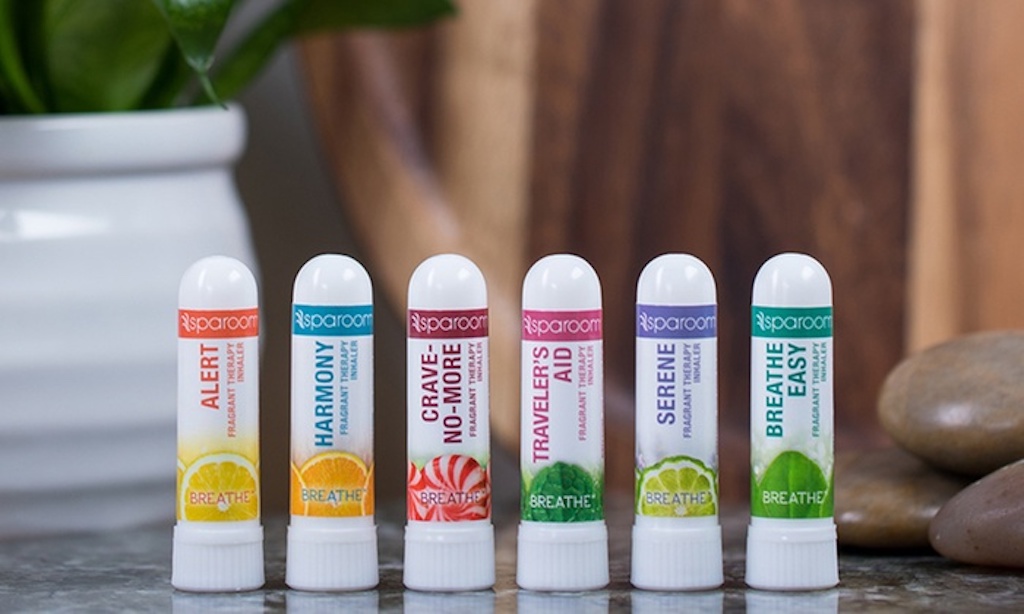
- If an inhaler is too strong, it is possible to make a blend of essential oils diluted in a carrier oil in a rollerball and apply it to the skin around the base of the nose, around the neck or on the wrists so that there is a continuous gentle diffusion.
- As a crude and simple option, you could put a couple of drops of neat tea tree oil onto a tissue and inhale directly from that or tuck it into your clothing or place it next to the bedside at night.
Recommended antiviral essential oils for healthy adults:
- Cinnamon bark
- Clove bud
- Eucalyptus globulus/radiata
- Lemon
- Lemon myrtle
- Manuka
- Melissa
- Niaouli
- Ravensara
- Ravintsara
- Rosemary
- Saro
- Tea tree
- Thyme thymol & linalool
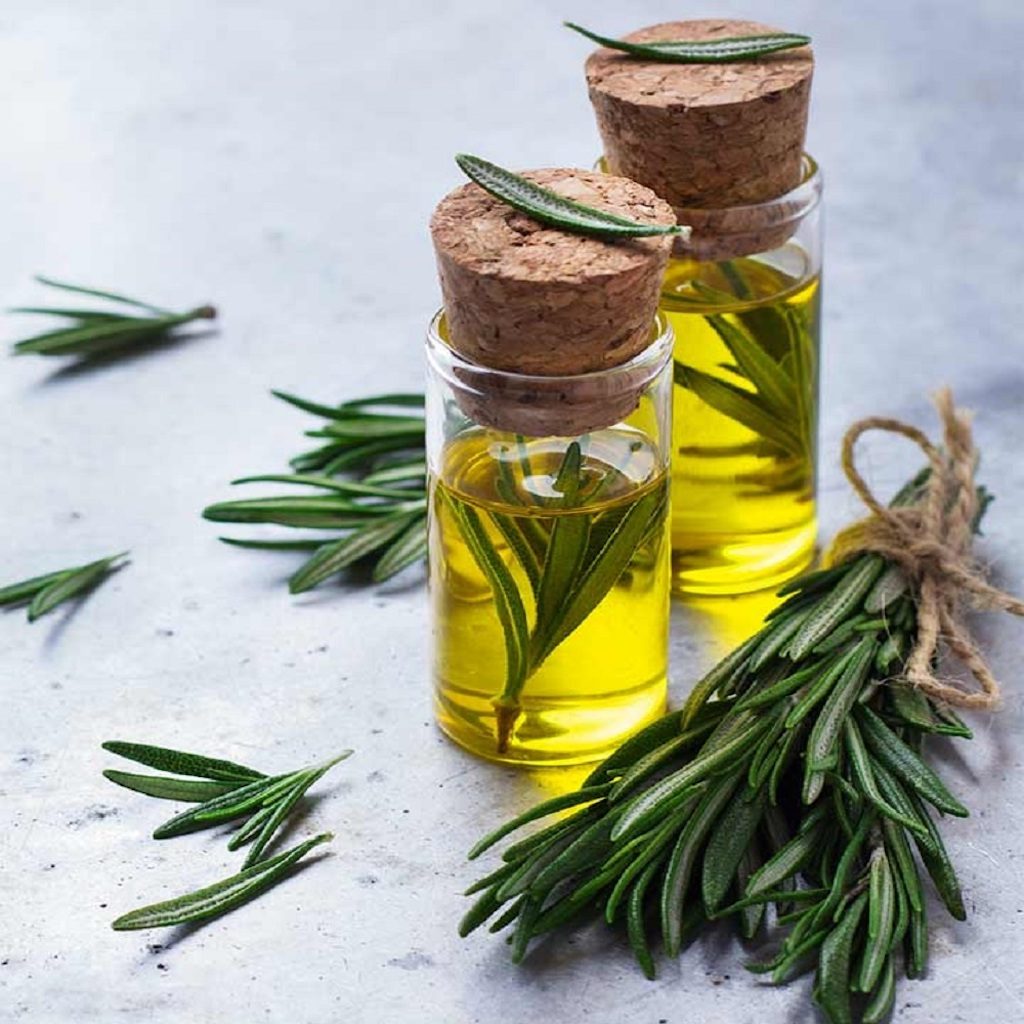
Many of these essential oils are not safe for children and I would use other safer ones in a blend. I am reluctant to offer a child-safe list as there are many factors to consider.
What Essential Oil Brand Is Best?
Brand is important in that you need to ensure that the oils you buy are not adulterated and have been properly stored. However, anyone that tells you that you should only use their particular brand of essential oils because they are the highest quality generally has more of an interest in selling products rather than the value of using essential oils.
I have my own preferred suppliers that I use with my clients and in formulations and none of them are purchased from multi level marketing companies. That is my personal choice, as I believe it is possible to buy essential oils of a similar or superior quality without the highly inflated prices. In summary, as a qualified aromatherapist, my personal approach is:
- Hand washing regularly and thoroughly
- Using an aromatherapy inhaler when I am out and about in public places to try to avoid being infected, even if I come into contact with the virus
- Diffusing anti viral essential oils at home
About The Author: Emma Ross Clinical Aromatherapist
Originally from the UK and based in Hong Kong since 2007, Emma Ross is a certified clinical aromatherapist and professional massage therapist. She takes a holistic approach to client’s health & wellbeing, using high quality essential oils and tailored blends created based on specific health issues and conditions. Contact her via Facebook or book in to see her at Physio Motion.
Lead image courtesy of Pexels.


